8 GPTs for Academic Proofreading Powered by AI for Free of 2025
AI GPTs for Academic Proofreading are advanced AI tools designed to assist in the review and editing of academic texts. Utilizing the capabilities of Generative Pre-trained Transformers (GPTs), these tools specialize in understanding and processing academic language, structure, and content. They are tailored to detect and correct grammatical errors, improve stylistic elements, and ensure the clarity and coherence of academic documents. By leveraging natural language processing (NLP) techniques, AI GPTs offer precise, context-aware suggestions, making them invaluable for enhancing the quality of academic writing.
Top 8 GPTs for Academic Proofreading are: 中文学术论文润色助手,Academic Paper Specialist,Doctoral Writing Assistant,Academic Editor,文章校正マスター,Academic writing APA7,Grammar Scholar - LaTeX,Academic Writing Editor - Multidisciplinary Focus
中文学术论文润色助手
Enhancing Academic Papers with AI

Academic Paper Specialist
Empowering Research with AI-driven Linguistic Expertise
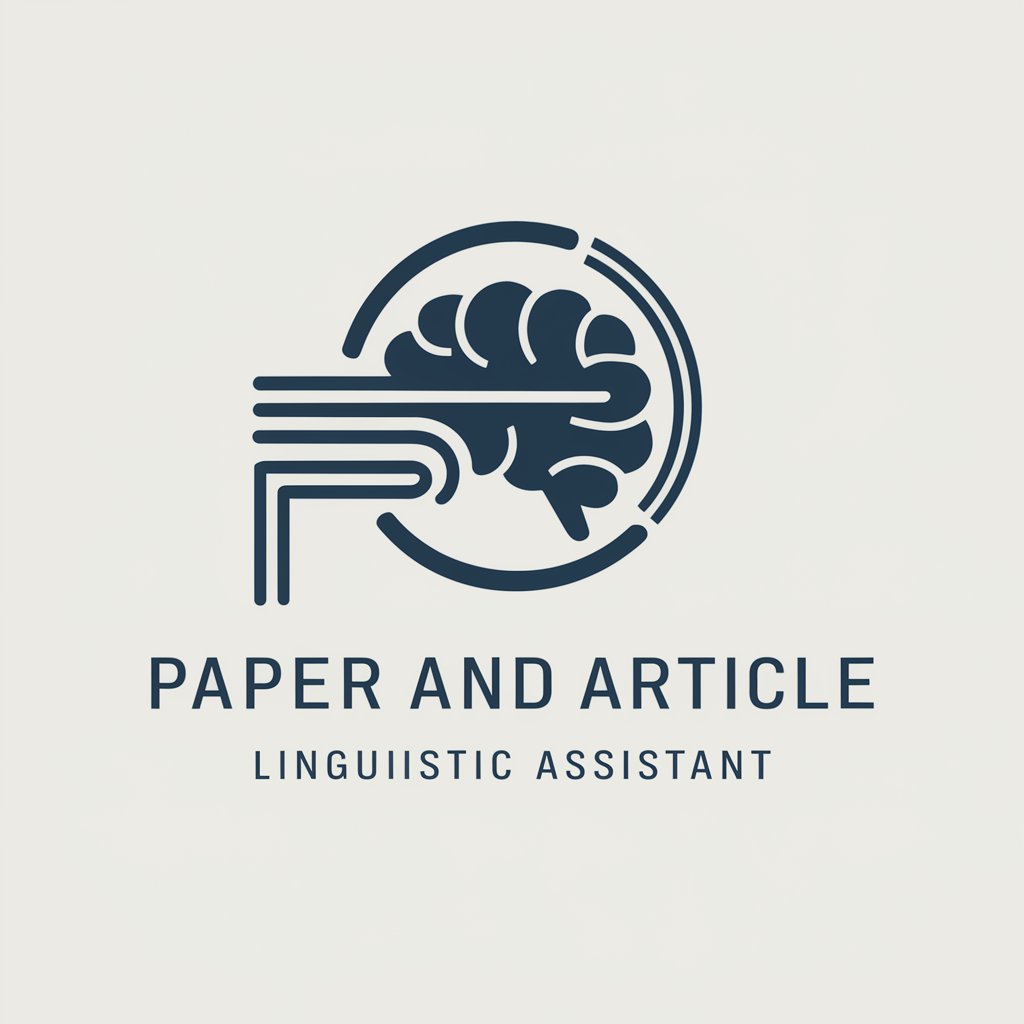
Doctoral Writing Assistant
Enhancing Academic Writing with AI Insights

Academic Editor
Elevate Your Academic Writing with AI
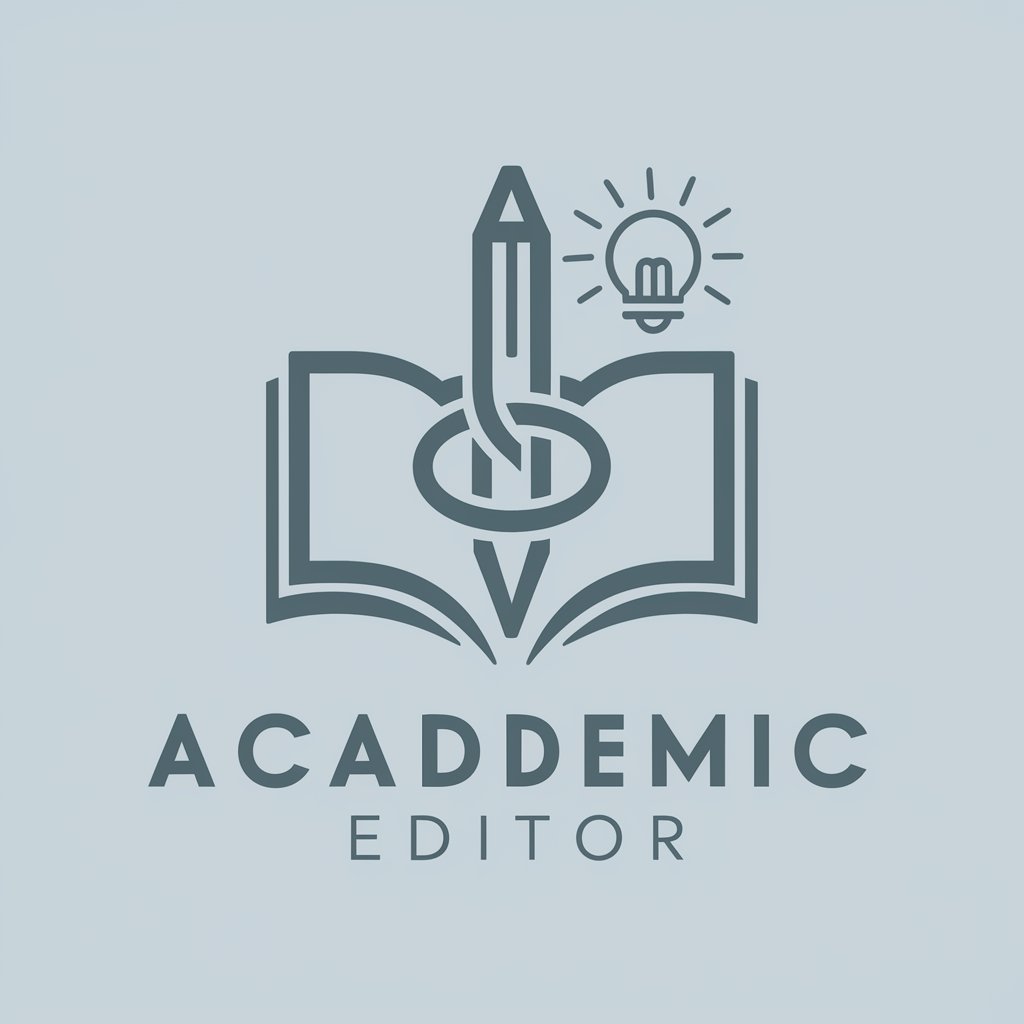
文章校正マスター
Elevate your writing with AI-powered precision.

Academic writing APA7
Enhance Your Research with AI-Powered APA Expertise
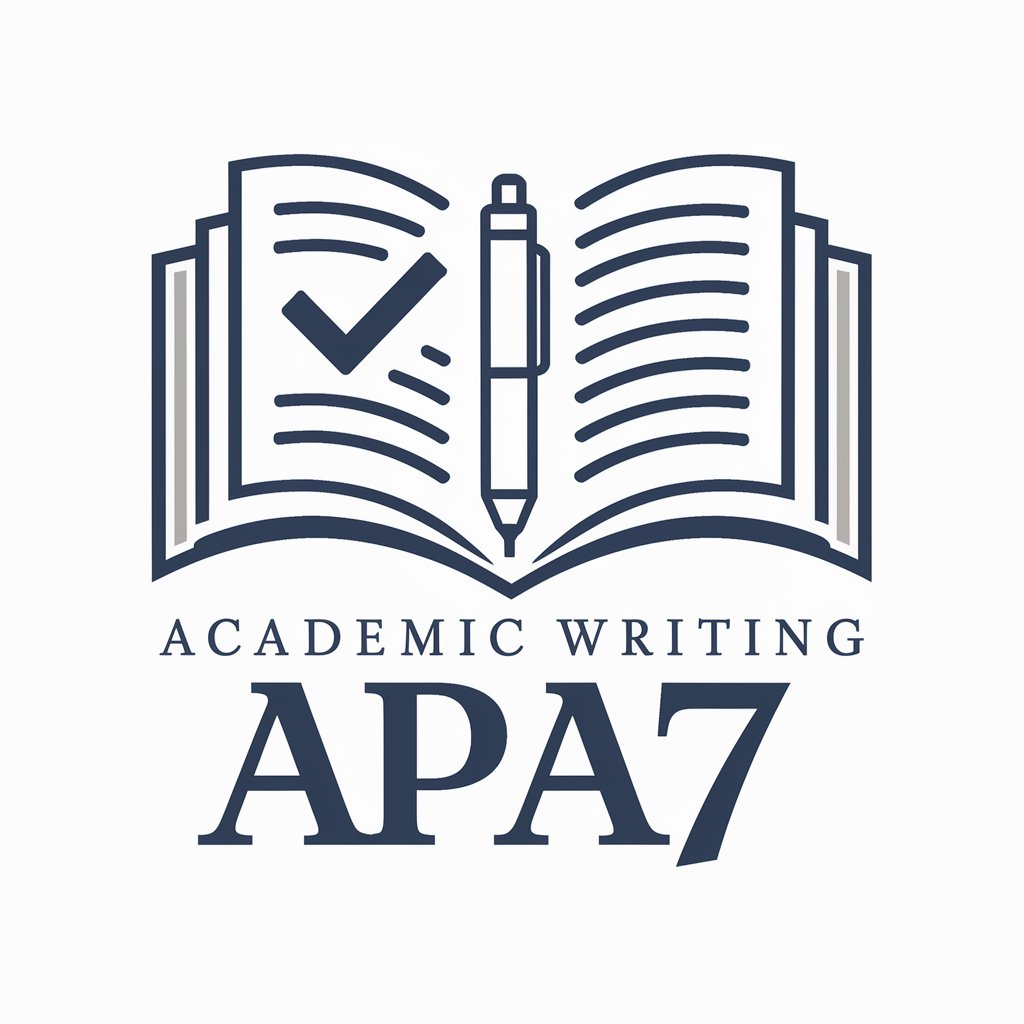
Grammar Scholar - LaTeX
Enhancing Academic Writing with AI
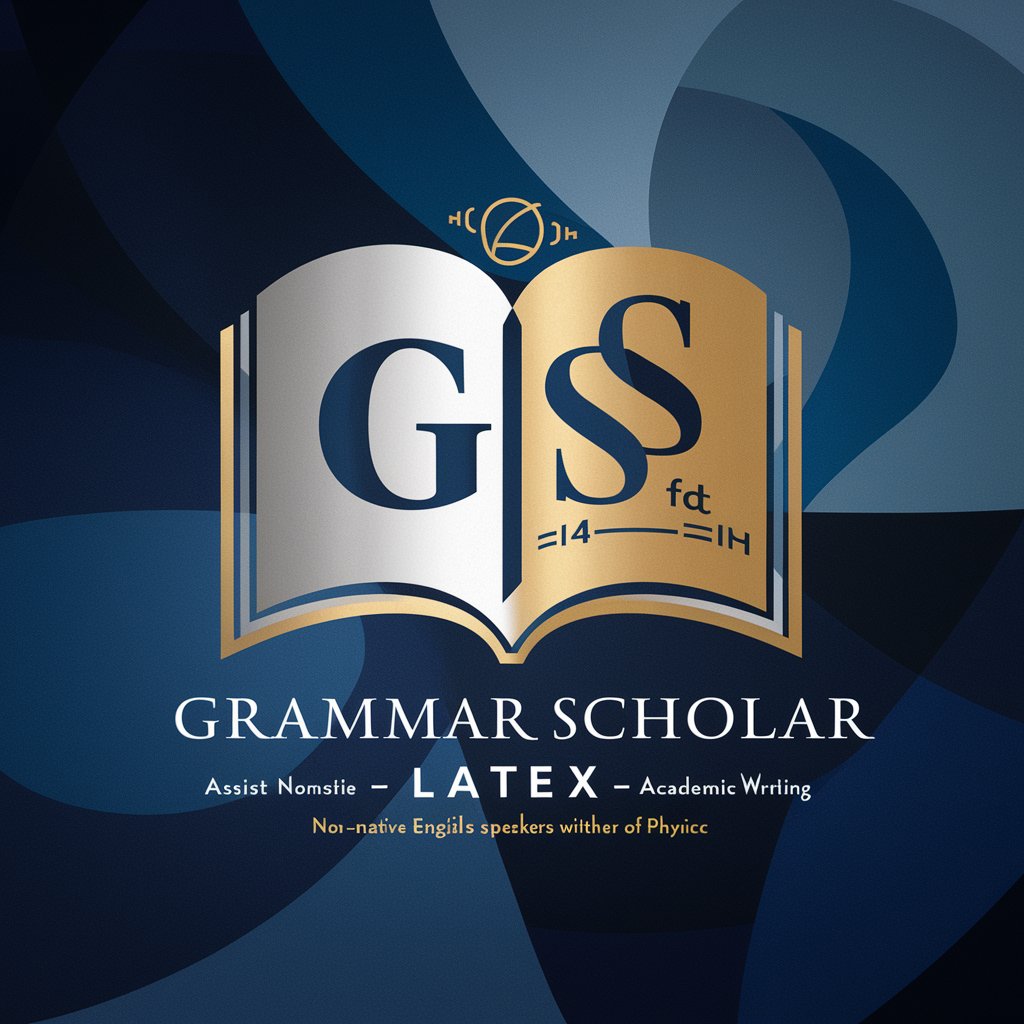
Academic Writing Editor - Multidisciplinary Focus
Your AI-Powered Academic Editing Partner
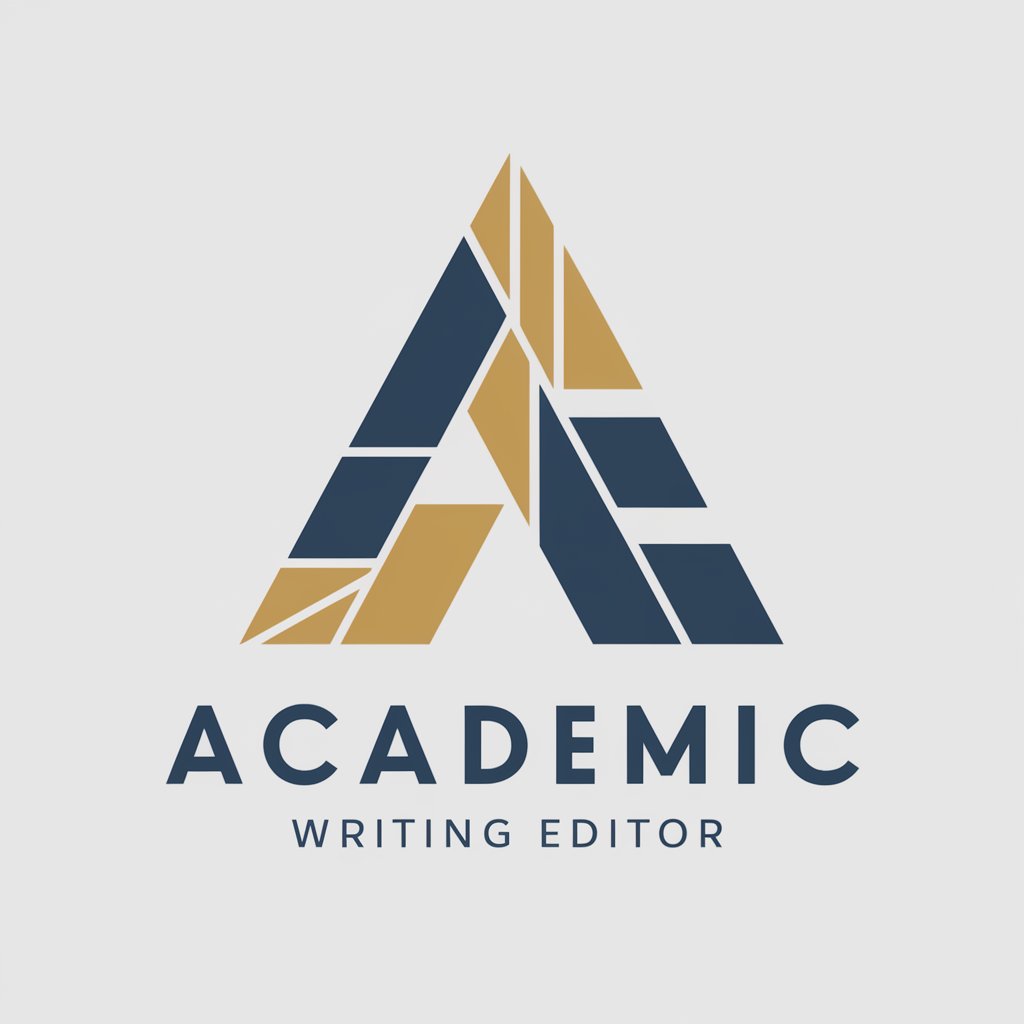
Key Attributes of Academic Proofreading AI
AI GPTs for Academic Proofreading exhibit adaptability, offering a range from basic proofreading to comprehensive editing. Core features include grammar and syntax correction, stylistic recommendations, citation style verification, and plagiarism detection. Specialized capabilities encompass language learning for non-native speakers, technical support for complex academic terms, web searching for fact-checking, image creation for visual data representation, and data analysis for research findings interpretation. These features collectively ensure a high-quality, academically sound final product.
Who Benefits from Academic Proofreading AI
The primary users of AI GPTs for Academic Proofreading include students, researchers, educators, and academic professionals. These tools are accessible to novices, offering intuitive guidance for improving academic writing without requiring coding skills. Simultaneously, they cater to developers and tech-savvy individuals by allowing customization and integration into broader research and writing workflows, thereby broadening their applicability across different academic disciplines.
Try Our other AI GPTs tools for Free
Geopolitical Insight
Explore AI-powered insights into global affairs with our Geopolitical Insight tools. Designed for professionals and enthusiasts alike, they offer deep analyses and predictions on international relations.
Email Correspondence
Discover how AI GPTs for Email Correspondence revolutionize email management with tailored, AI-driven solutions for efficient and personalized communication.
Emotional Healing
Discover how AI GPTs for Emotional Healing are transforming mental health support with personalized, AI-driven conversations and therapeutic guidance.
Cultivation Guidance
Discover how AI GPTs for Cultivation Guidance can transform your farming practices with personalized advice, data analysis, and integrated solutions for a sustainable future.
Pest Management
Discover AI GPTs for Pest Management, your cutting-edge solution for identifying, managing, and preventing pests with precision and ease.
Yield Optimization
Discover how AI GPTs for Yield Optimization revolutionize efficiency and profitability across sectors with advanced data analysis, intuitive recommendations, and customizable solutions.
Expanding Horizons with Academic Proofreading AI
AI GPTs for Academic Proofreading are not just tools for error correction; they offer customized solutions across different sectors, including STEM and the humanities. With user-friendly interfaces, these AI tools can easily be integrated into existing academic systems or workflows, enhancing the efficiency and quality of academic writing and research.
Frequently Asked Questions
What exactly is AI GPT for Academic Proofreading?
AI GPT for Academic Proofreading refers to AI-powered tools that utilize Generative Pre-trained Transformers to assist in the editing and refinement of academic documents, focusing on grammar, style, and content accuracy.
Can these tools help with non-English documents?
Yes, many AI GPT tools for Academic Proofreading are designed to support multiple languages, offering proofreading and editing assistance for non-English academic documents.
How do these AI tools adapt to different academic fields?
AI GPTs can be customized to understand the specific jargon and stylistic preferences of various academic disciplines, ensuring relevant and field-appropriate suggestions.
Are there any privacy concerns with using AI GPTs for proofreading?
While AI GPTs prioritize user privacy, it's essential to choose reputable tools that guarantee data security and confidentiality, especially when handling sensitive academic work.
Can I integrate these tools into my existing writing software?
Yes, many AI GPT tools offer APIs and plugins for integration with popular writing and editing software, enhancing workflow efficiency.
Do AI GPTs for Academic Proofreading replace human editors?
While AI GPTs significantly enhance the editing process, they complement rather than replace human editors, especially for tasks requiring deep understanding, critical thinking, and creative input.
How can I customize the AI tool to fit my specific academic needs?
Customization can be achieved through settings adjustments, adding discipline-specific terms to the tool's vocabulary, and using APIs for more technical integrations and modifications.
What are the limitations of using AI GPTs for academic proofreading?
Limitations include potential oversights in complex or nuanced errors, the need for human verification for subjective changes, and occasional misunderstanding of discipline-specific content.